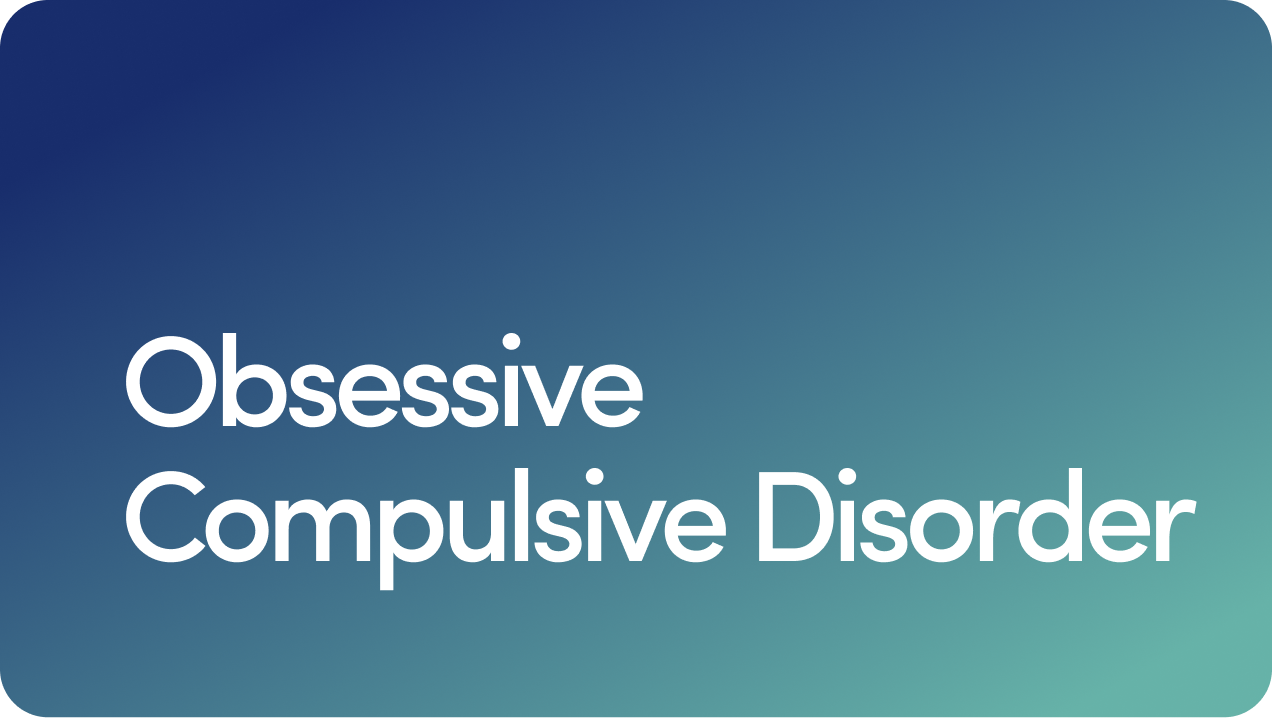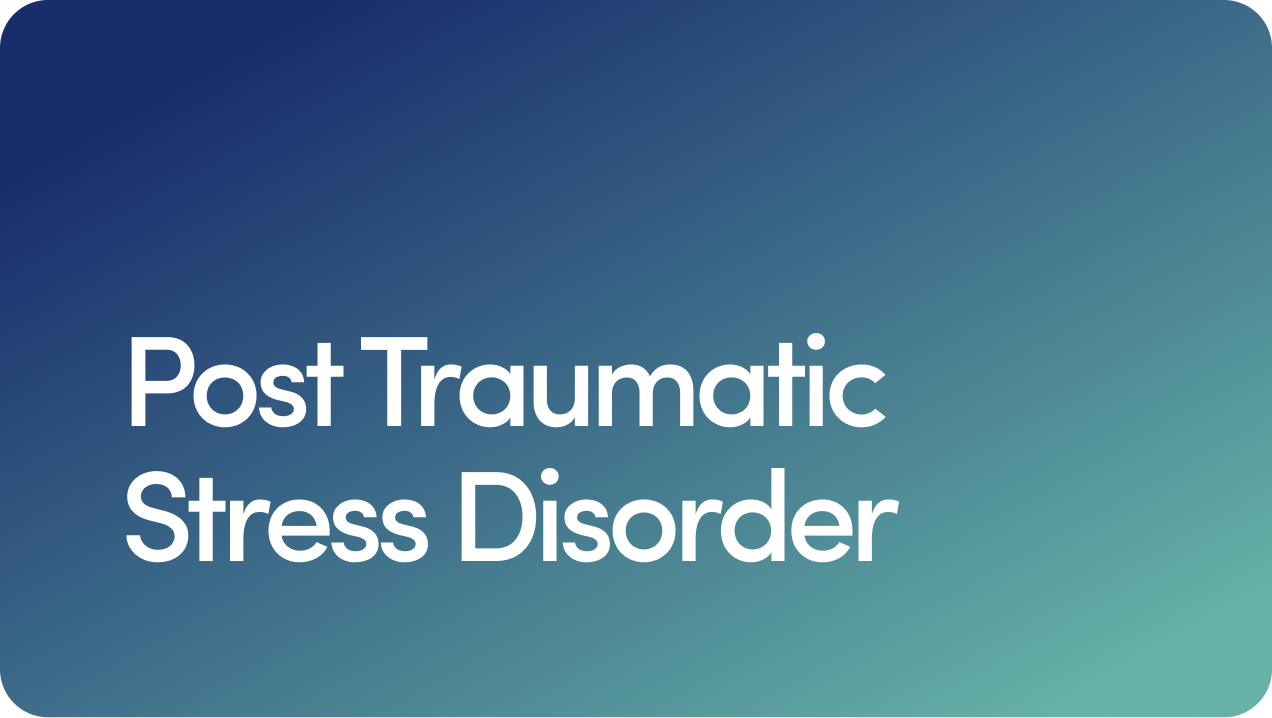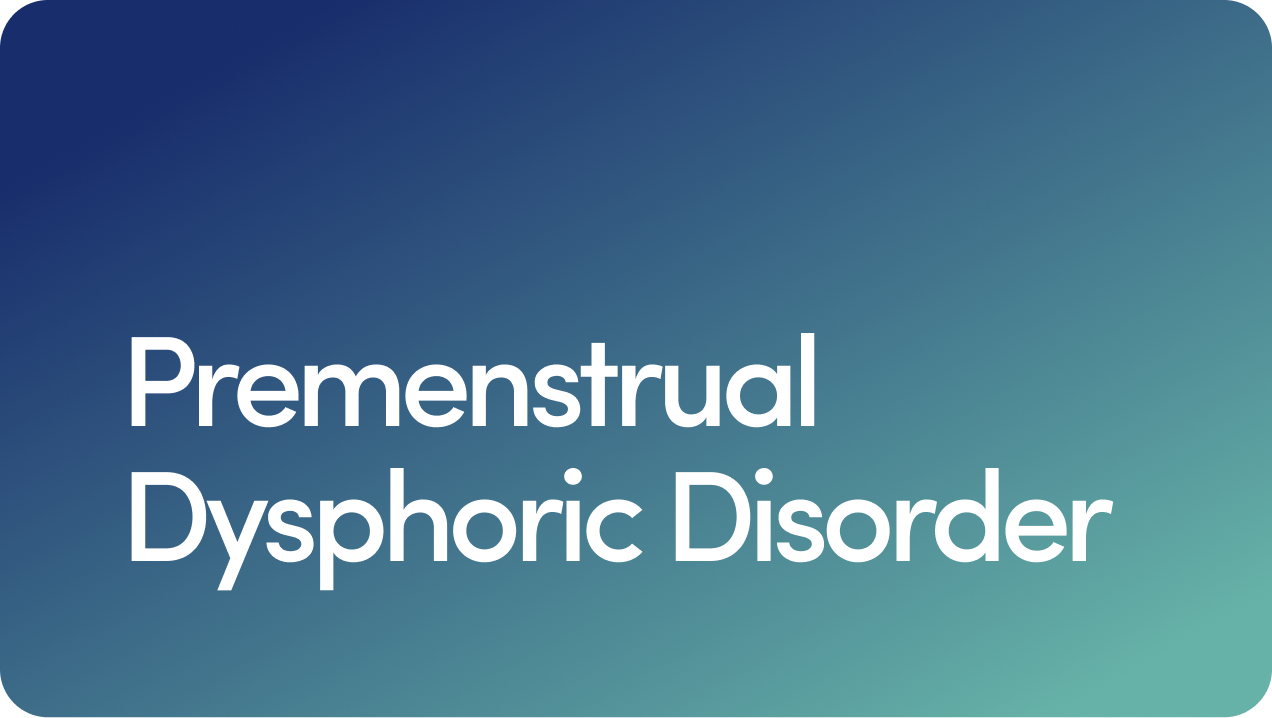Content
Free Mental Health Assessment
Bupropion (Wellbutrin®) and Alcohol: Understanding the Risks

Bupropion is an FDA-approved antidepressant used to treat depression and seasonal affective disorder (SAD). It’s sometimes prescribed to help people stop smoking. Off-label, this medication is used to treat ADHD (attention-deficit/hyperactivity disorder), bipolar disorder and obesity.
It’s sold under many brand names, including Wellbutrin®, Wellbutrin XL® and Zyban®, and works as a norepinephrine and dopamine reuptake inhibitor.
With that out of the way, we’ll cut to the chase: Bupropion and alcohol aren’t a great combo.
As with many antidepressants, drinking on Wellbutrin can make the side effects of the medication worse. It’s recommended you keep alcohol use to a minimum or avoid it altogether.
Below, we’ll cover whether you can drink on bupropion. (Spoiler: You probably shouldn’t). We’ll also dive into the risks of mixing alcohol and bupropion and what to do if you have a drink while taking the medication.
Content
Can You Drink on Bupropion (Wellbutrin)?
The TL;DR? You shouldn’t drink on bupropion — at least not much.
According to the FDA, alcohol should be minimized or avoided altogether while on bupropion.
Alcohol can make bupropion side effects worse, and some people have reported having a lower alcohol tolerance while taking the medication.
According to the National Alliance on Mental Illness, alcohol may decrease the beneficial effects of bupropion.
Heavy drinker? The risks are higher. Excessive drinking while on bupropion can increase your risk of seizures. And quitting alcohol suddenly while on bupropion can up your odds of having a seizure.
If you usually drink excessively, plan on quitting or suffer from alcohol dependence, it’s crucial to tell your healthcare provider before you start taking bupropion.
It’s not just seizures you need to worry about — there’s evidence heavy drinking can interfere with depression treatment. Drinking a lot of alcohol can mess with your meds, potentially increasing side effects or making them ineffective.
Heavy alcohol use may cause worsening symptoms of depression or new symptoms to develop. And alcohol dependence is associated with major depressive disorder (MDD).
You don’t have to be a big drinker to make depression worse with alcohol. Even moderate amounts of alcohol can tank your serotonin levels, which can be a culprit of depression.
Suffice it to say, alcohol and bupropion is a drug interaction you definitely need to know about.
Risks of Combining Bupropion and Alcohol
Now you know you should limit or avoid alcohol while on bupropion. But what would happen if you did drink while taking the medication? Well, the answers aren’t pretty.
Alcohol-Related Seizures
Mixing Wellbutrin and alcohol can be life-threatening, as it can increase your risk of seizures.
Bupropion alone can lower your seizure threshold, meaning you’re more likely to have one. Excessive drinking or quitting alcohol abruptly while on bupropion can also increase your risk of seizures.
Be sure to tell your healthcare provider if you’ve ever had a seizure before taking bupropion, if you’re a big drinker or if you plan on quitting booze.
Increased Side Effects
Like all medications, bupropion comes with potential side effects. But mixing bupropion with alcohol can make these side effects worse.
Common side effects of bupropion include:
Agitation
Dry mouth
Constipation
Headache and migraine
Nausea
Vomiting
Dizziness
Excess sweating
Tremor
Insomnia
Blurred vision
Increased heart rate
Confusion
Rash
Hostility
Auditory disturbance
Bupropion can also cause drowsiness, weight loss and high blood pressure. And it can lead to more severe side effects, like an increased risk of suicidal thoughts in children, teens and young adults.
There have been reports of bupropion lowering alcohol tolerance. So you can make the side effects of alcohol worse, too. You might get drunk quicker or become more drunk on a smaller amount of alcohol than usual.
And as some of the side effects of bupropion and alcohol are similar — think nausea, vomiting, confusion and blurred vision — you might get yourself into some serious trouble with an injury or accident.
Alcohol Withdrawal and Wellbutrin
As we’ve said, it’s best to limit or avoid drinking on Wellbutrin. But if you’re already a heavy drinker, quitting drinking abruptly while on bupropion can increase your risk of seizures.
When you quit alcohol as a heavy drinker — even when bupropion isn’t involved — you may experience alcohol withdrawal syndrome.
Symptoms of alcohol withdrawal syndrome include:
Sweating
Tremor
Insomnia
Nausea
Vomiting
Hallucinations
Anxiety
Seizures (Hello again, old friend)
It’s important to talk to your healthcare provider about alcohol and Wellbutrin before you begin taking the drug. This is especially crucial if you drink a lot, want to quit drinking alcohol or have a substance abuse or alcohol use disorder.
A medical professional can assess if bupropion is the best medication for you and suggest other depression medications if not. They can also recommend a treatment program for alcohol addiction or alcohol withdrawal symptoms if needed.
We know discussing your drinking habits can be uncomfortable. But seizures are more uncomfortable — to put it lightly.
Remember, healthcare providers aren’t there to judge you if you drink a lot or have alcohol abuse problems. They’re there to protect your health and well-being.
You’re out with the girls, sipping a glass of red, and then it hits you. You’ve just started taking Wellbutrin and shouldn’t be drinking. Whoops.
What do you do?
First, don’t panic. Drinking a small amount of alcohol while on Wellbutrin may not cause any problems. The FDA recommends minimizing or avoiding alcohol. So as long as you haven’t had a big night of partying, you should be okay.
That said, if you’ve already had one serving of alcohol, it’s best to stop drinking.
Monitor any side effects — from both the booze and the bupropion — and remember your alcohol tolerance may be lowered. So that one glass of wine might go to your head more than usual.
Reach out to your healthcare provider if alcohol and bupropion cause any serious side effects. Look out for signs of confusion, anxiety, uncontrollable tremors, disorientation or loss of coordination.
And if you have a seizure or experience severe shaking or thoughts of suicide, call 911 for immediate medical help.
Skipping a Day of Wellbutrin to Drink
It’s your best friend’s wedding. You got a promotion. You’re reuniting with a loved one.
Whatever the reason, you want to enjoy a drink — or two or three — but you’ve been avoiding mixing Wellbutrin with alcohol.
So should you skip a day of Wellbutrin to drink? The short answer is no.
We know that might not be what you wanted to hear. But stopping bupropion can increase the risk of relapse of depression or anxiety, and you might experience bupropion withdrawal.
Want to take a week off Wellbutrin to drink while on vacation? That’s not a good idea, either.
If you’ve taken antidepressant medication for a month or longer, you may experience antidepressant discontinuation syndrome if you stop abruptly. This happens in about 20 percent of people who go off their meds cold turkey.
Symptoms of antidepressant discontinuation syndrome include:
Flu-like symptoms
Insomnia
Nausea
Imbalance
Sensory disturbances
Hyperarousal (like anxiety or irritability)
These symptoms can appear two to four days after coming off your medication. They usually last one to two weeks — although some unlucky folks might get symptoms for up to a year.
If you go back on bupropion (or a similar drug), these symptoms should clear up within one to three days.
Once again, it’s not advised, but if you do skip a day of Wellbutrin, don’t take your next dose at a later time and don’t double up to make up for the missed dose. Skip the missed dose and take your next dose on your regular dosing schedule.
Make sure there’s always the full scheduled amount of time between doses.
If you want to drink occasionally, consume a small — and we mean small — amount of alcohol and take Wellbutrin as usual. Just remember to keep a close eye on any side effects.
Many medications come with a warning to limit or avoid alcohol while taking them. You can add bupropion to that list. Alcohol and bupropion don’t mix well.
Here’s what to keep in mind:
Limit or avoid alcohol altogether when on bupropion. Alcohol can make the side effects of Wellbutrin worse. And the medication can lower your alcohol tolerance.
Tell your healthcare provider if you’re a heavy drinker. And tell them if you plan on quitting alcohol suddenly or have a substance use problem. You may have a higher risk of seizures, plus your provider can help you with alcohol addiction treatment.
Don’t panic if you have a drink on bupropion. Small amounts of alcohol shouldn’t cause a problem. But keep it to a minimum, monitor your side effects and seek medical advice if anything serious comes up.
Considering bupropion for depression, seasonal affective disorder or to quit smoking? Speak to one of our online psychiatry professionals to get started.
Beyond medication, you can explore our other mental health services, including online therapy.
7 Sources
Hims & Hers has strict sourcing guidelines to ensure our content is accurate and current. We rely on peer-reviewed studies, academic research institutions, and medical associations. We strive to use primary sources and refrain from using tertiary references.
- Huecker, M. R., Smiley, A., & Saadabadi, A. (2023, April 9). Bupropion - StatPearls. NCBI. Retrieved from: https://www.ncbi.nlm.nih.gov/books/NBK470212/
- Bupropion. (n.d.). Retrieved from: https://medlineplus.gov/druginfo/meds/a695033.html
- Wellbutrin. (n.d.). Retrieved from: https://www.accessdata.fda.gov/drugsatfda_docs/label/2009/018644s039s040.pdf
- Ramsey, S. E., Engler, P. A., & Stein, M. D. (2005). Alcohol Use Among Depressed Patients: The Need for Assessment and Intervention. Professional psychology, research and practice, 36(2), 203–207. Retrieved from: https://www.ncbi.nlm.nih.gov/pmc/articles/PMC2874911/
- Kuria, M. W., Ndetei, D. M., Obot, I. S., Khasakhala, L. I., Bagaka, B. M., Mbugua, M. N., & Kamau, J. (2012). The Association between Alcohol Dependence and Depression before and after Treatment for Alcohol Dependence. ISRN psychiatry, 2012, 482802. Retrieved from: https://www.ncbi.nlm.nih.gov/pmc/articles/PMC3658562/
- Bayard, M., McIntyre, J., Hill, K. R., & Woodside, J., Jr (2004). Alcohol withdrawal syndrome. American family physician, 69(6), 1443–1450. Retrieved from: https://www.aafp.org/pubs/afp/issues/2004/0315/p1443.html
- Gabriel, M., & Sharma, V. (2017). Antidepressant discontinuation syndrome. CMAJ : Canadian Medical Association journal = journal de l’Association medicale canadienne, 189(21), E747. Retrieved from: https://www.ncbi.nlm.nih.gov/pmc/articles/PMC5449237/
This article is for informational purposes only and does not constitute medical advice. The information contained herein is not a substitute for and should never be relied upon for professional medical advice. Always talk to your doctor about the risks and benefits of any treatment. Learn more about our editorial standards here.
Kristin Hall, FNP
Education
BSN - University of Missouri, 1997
MSN - Saint Louis University, 1999
Training
Family Nurse Practitioner Internship - Saint Louis University, 1999
Medical Licenses
Registered Nurse, Missouri (Multi-State), 1997
Registered Nurse, Alaska, 2023
Registered Nurse, California, 2023
Registered Nurse, Connecticut, 2023
Registered Nurse, District of Columbia, 2023
Registered Nurse, Hawaii, 2023
Registered Nurse, Illinois, 2011
Registered Nurse, Massachusetts, 2023
Registered Nurse, Michigan, 2023
Registered Nurse, Minnesota, 2023
Registered Nurse, Nevada, 2023
Registered Nurse, New York, 2023
Registered Nurse, Oregon, 2023
Registered Nurse, Washington, 2022
APRN, Certified Nurse Practitioner, Missouri, 2000
APRN, Certified Nurse Practitioner, Illinois, 2011
APRN, Certified Nurse Practitioner, North Dakota, 2024
APRN, Certified Nurse Practitioner, Oregon, 2023
APRN, Certified Nurse Practitioner, Rhode Island, 2024
Board Certifications
Family Nurse Practitioner - American Nurses Credentialing Center, 2000
Other Certificates & Certifications
Lean Six Sigma, Green Belt Certification, 2015
Diabetic Mapping Certification Expert, 2012
BLS/CPR Certification, 2025
Affiliations & Memberships
Specialties & Areas of Focus
Family Practice Medicine, specializing in chronic disease management (diabetes, hypertension, obesity). Additional support and treatment of mental health diagnosis and men’s and women’s health.
Years of Experience:
25
Why I Practice Medicine
Caring for the whole person—understanding that true health extends beyond physical symptoms—has always been central to my work. As a nurse and family nurse practitioner, I’m passionate about empowering individuals to live their healthiest lives, physically, emotionally, and socially. Delivering compassionate, comprehensive care is not only my profession—it’s my purpose.
Hobbies & Interests
In my spare time, I enjoy staying active and connected to nature through skiing, hiking, and spending time outdoors. I’m also an avid St. Louis Cardinals baseball fan and find joy in reading, sewing, baking, and creative hobbies that keep me inspired outside of work.
LinkedIn:
Related Articles
Related Conditions
 Anxiety
Anxiety
 Depression
Depression
 OCD
OCD
 PTSD
PTSD
 Bipolar Disorder
Bipolar Disorder
 Premenstrual Dysphoric Disorder
Premenstrual Dysphoric Disorder